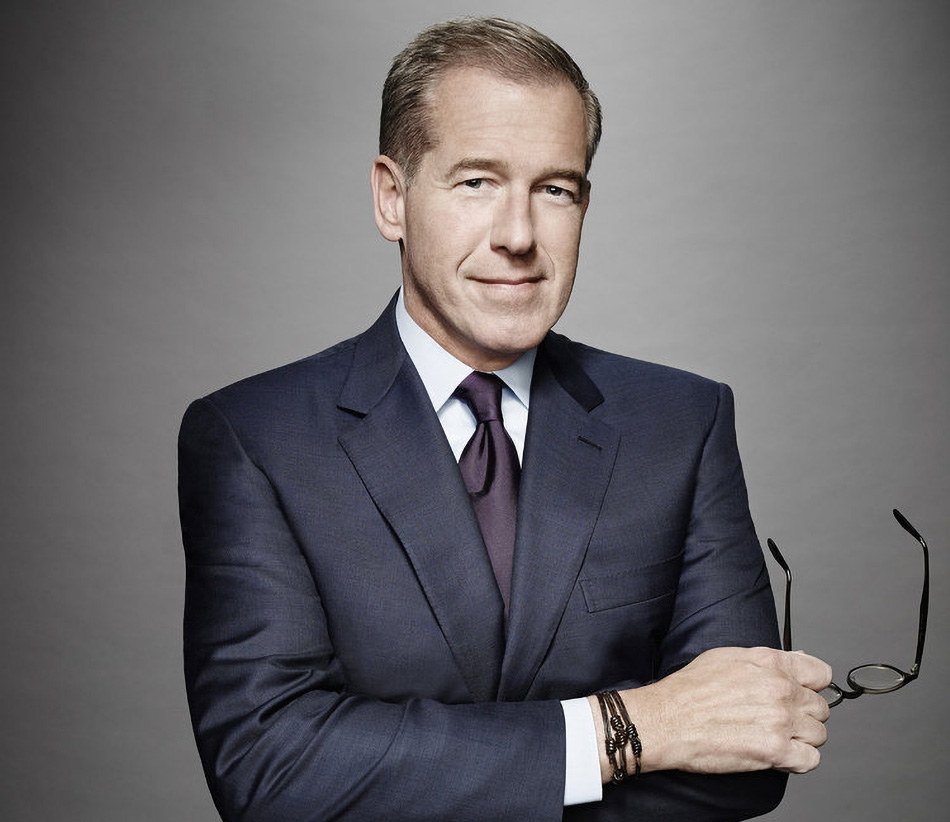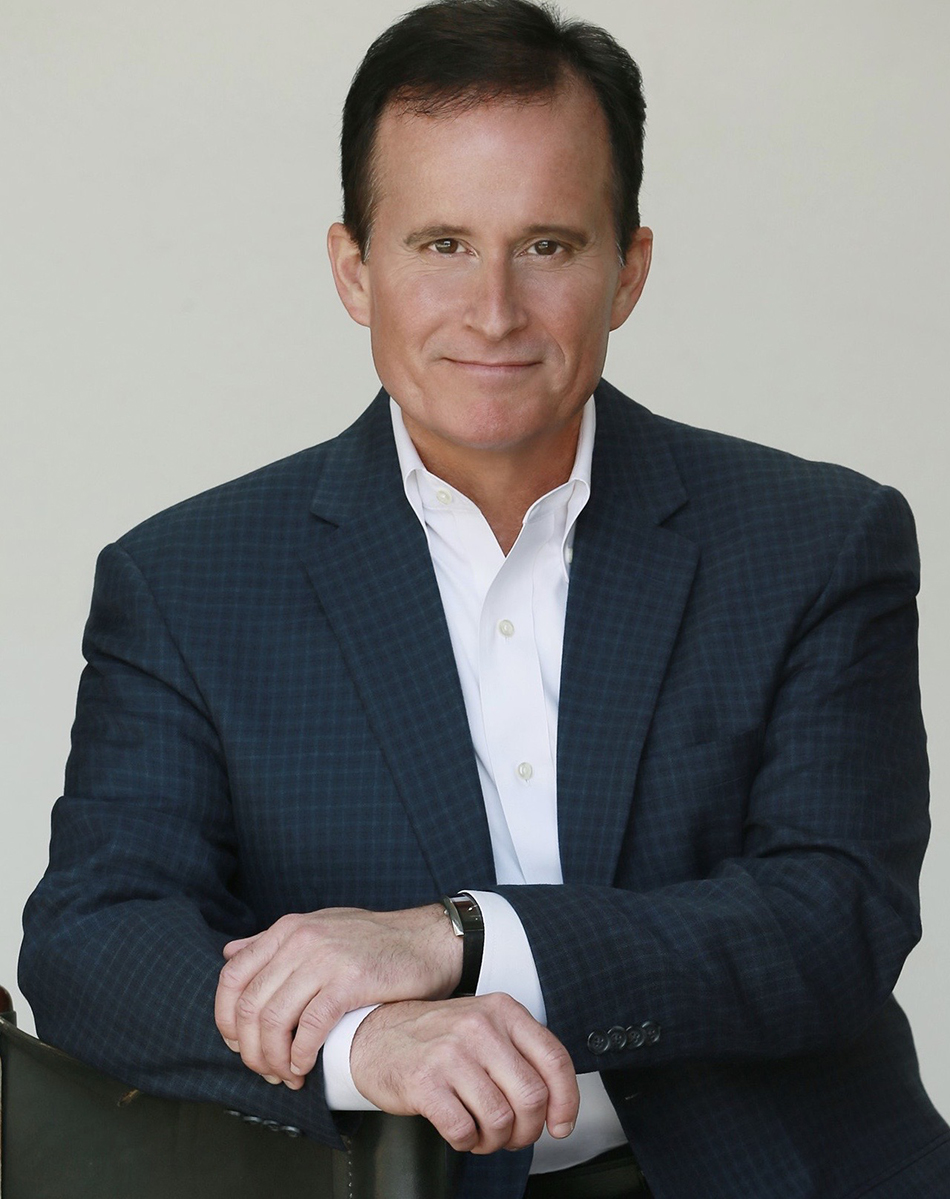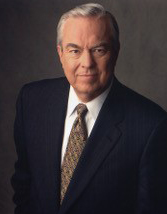Brian Williams Narrating Podcast About How Big Stories Got Covered
‘We Interrupt This Broadcast’ shines a positive light on television news

The smarter way to stay on top of broadcasting and cable industry. Sign up below
You are now subscribed
Your newsletter sign-up was successful
MSNBC anchor Brian Williams is narrating a new podcast based on a classic book about journalism that was published 20 years ago.
The original 1998 book, We Interrupt This Broadcast: The Stories that Stopped Our Lives by Joe Garner, looks at how TV news covered big stories. It was unique because it included a CD with recordings of those famous newscasts and newscasters.
Now in the age of podcasts, Garner decided it was time again to explain how big stories get covered with We Interrupt This Broadcast: Before It Was History, It Was News, produced by i4 Media Ventures.
“It is riveting stuff,” Williams, anchor of MSNBC’s The 11th Hour, told Broadcasting+Cable. “This will take you back — or teach you for the first time — about a world where there were but three networks. No one was covering news 24 hours a day in those early days. These are the moments when people said, ‘Get in here, you've got to see this.’ These are the moments when people called their friends and family to say, 'Are you watching this? Turn on the TV’ '”
The podcast also comes at a time when journalism is under fire from political polarization, malicious misinformation and corporate financial pressures. It casts the people who make the news in a heroic light.
“The foundation of the series is the humanity that is broadcast journalism,” Garner said. “So as long as we still have men and women out there to ferret out the stories and to tell the stories, then we'll always have stories. Because that's what, that's what this series is all about — it’s storytelling.”
Revisiting a New Set of Stories
The new podcast, hosted by veteran anchor Bill Kurtis, is different from the book.
The smarter way to stay on top of broadcasting and cable industry. Sign up below
“I thought it would be compelling to go back and revisit some of these events from broadcast journalism history. but tell the story exclusively from the perspective of the broadcast journalists who covered them,” Garner said.

Some of the events happened a long time ago, so rounding up people involved in covering them wasn’t always easy.
The podcast launches this week, coinciding with the July 16-24 anniversary of the Apollo 11 moon mission, one of the stories that is the subject of an episode of the podcast. On that day in 1969, half of all the TVs in the U.S. were watching Walter Cronkite, legendary anchorman for CBS News and the author of the forward of Garner’s book back in 1998.
“The story to me was, how do we get a television signal from the lunar surface onto television sets in living rooms around the world?” Garner said. Stanley Lebar, the Westinghouse engineer who designed the special camera had died, but Dick Nafzger, who worked at NASA and was responsible for receiving the signal was living in Naples, Fla. He also found Joel Barnow, who directed the CBS telecast and Cronkite’s desk assistant during the telecast, Mike Russo, now Father Mike Russo.

In some cases, Garner had to rely on archival interviews from sources, including the TV Academy, to tell his behind-the-scenes stories.
The podcast’s first season of 12 episodes features some rare and never-before-heard recordings from stories including
Garner is planning to do six seasons of We Interrupt This Broadcast. The episodes cover the Hindenburg disaster; the D-Day invasion; the assassination of President John F. Kennedy; the shooting of President Ronald Reagan; the 1992 Los Angeles riots, after the Rodney King verdict; the Columbine High School shooting; the 2000 presidential election; and the 9/11 terrorist attacks. The podcast also imagines how TV might have covered the Nat Turner slave rebellion and the passage of the 19th amendment, which granted women the right to vote.
Garner and Williams see no shortage of events that would make good episodes of the podcast in the future.
Williams said the memorable stories are the reason some people get into TV news. “We get into broadcast journalism for the love of the craft and for our interest in the world and for when things aren’t perfect,” he said. “I think it’s appropriate to judge us during those moments.”
Sometimes, Williams noted, it’s “odd” when the series examined a breaking news story in which he was involved in covering, such as the crash of TWA Flight 800 two nights after the debut of MSNBC, or the death of Princess Diana.
Partisanship Changed the Picture
The rise of TV networks that are viewed as left-wing or right-wing has changed the way both viewers and broadcasters look at the news.
“I understand that we now view way too much of daily life in America through either a red or blue lens,” Williams said. “I would like to think that all of the [networks on the air when called upon to cover a cataclysm or a national tragedy would do so as a news organization and absent ideology.”
Kurtis said journalists are more essential than ever in this politicized atmosphere.
“As far as I’m concerned, they’re the last folks standing in this crazy world of Trump,” Kurtis said.
“When the grades are given out, we've made advances in the quality of the young reporters who are coming up,” said Kurtis, a former anchor in Chicago and for CBS News also well-known as the host of news and crime documentaries for A&E. “I've been watching through the Trump years. I don't think I’ve seen reporters on camera, you know, make a mistake. I don't mean factually, but just in their delivery. They've been trained so well, It's very impressive. I don't know what I could do if I was starting now.”

One effect of this podcast could be to raise the profile and reputation of TV news and encourage people to enlist.
“I think they’ll rush to the journalism schools for the same reason they did after Watergate,” Kurtis said. “They can affect change. Some go to law school, but this way journalism is standing tall, and I think they’ll fill the ranks.”
“I’ll second what BIll said,” Garner added. He noted that in the podcasts, the journalists involved question how well they covered each story. “They debate the job they did and are very candid about it,” he said. “In the heat of battle sometimes you don’t get it right, but it’s not because you didn’t want to get it right. And that comes out in almost every episode.”
Garner noted that much of what journalism is going through today, Cronkite foresaw in the forward he wrote for the original edition of We Interrupt This Broadcast.
“Today, news people in general are far better educated than ever, many holding advanced degrees,” Cronkite wrote. “With strong academic backgrounds, they have been far more aggressive in covering politics, business, and the social movements of our time. At the same time, this potential is often nullified by the problems facing the journalistic profession, problems which impact the core of our democratic society. Today’s journalists face continual pressures from corporate ownerships and stockholders to dramatically increase profits. This requirement often means less reporters, writers, and editors covering more territory. It can also push good journalists in the direction of the sensational, the entertainment aspects of the news. The end result is a press lacking a sense of public service which is the vital, fundamental component the press contributes to the nation’s welfare.
“Those who get most of their news from television probably are not getting enough information to intelligently exercise their voting franchise in a democratic system,” the prescient anchor continued. “As Thomas Jefferson said, the nation that expects to be ignorant and free expects what never can and never will be. We can bring that up-to-date and amplify it a bit: the nation whose population depends on the explosively compressed headline service of television news can expect to be exploited by the demagogues and dictators who prey upon the semi-informed.”
Williams was in the news himself in 2015, when he was suspended as anchor of the NBC Nightly News for misrepresenting events when he covered the Iraq War, contributing to the mistrust of mainstream media news. Was doing this podcast an opportunity to make amends?
Viewer Education Effort
“If we do this, right, this will be a tool to educate people about what we do for a living,” he said. “It will be a tool to make people revisit and think about our history, where we've been, where we're headed, times when we got it wrong and, hopefully, those will be overwhelmed by the times when we got it right.”
Williams said he had avoided the “podcast craze” up till now. “I could not honestly come up with a concept that interested me enough to take the plunge,” he said.
“There's no shortage of them,” he said. “My theory is that every American will have a podcast by 2050, and we will have no time to listen to each other's because we'll be too busy producing our own.”
Some of the podcasts Williams listens to and likes are Smartless — “invariably smart and funny,” he said — and “anything that Jon Meacham does, most recently an episode on the development of the Salk vaccine, which was “fantastic.”
“I find myself telling my friends who are fans of podcasts, like I am, that they'll want to listen to this,” Williams said. “You're going to want to hear this and I realized, I'm proud of this and that's a great feeling to want to share it and to look forward to knowing this is coming into people's ears and phones and lives. So I hope and trust it'll be a great ride.”
Jon has been business editor of Broadcasting+Cable since 2010. He focuses on revenue-generating activities, including advertising and distribution, as well as executive intrigue and merger and acquisition activity. Just about any story is fair game, if a dollar sign can make its way into the article. Before B+C, Jon covered the industry for TVWeek, Cable World, Electronic Media, Advertising Age and The New York Post. A native New Yorker, Jon is hiding in plain sight in the suburbs of Chicago.

